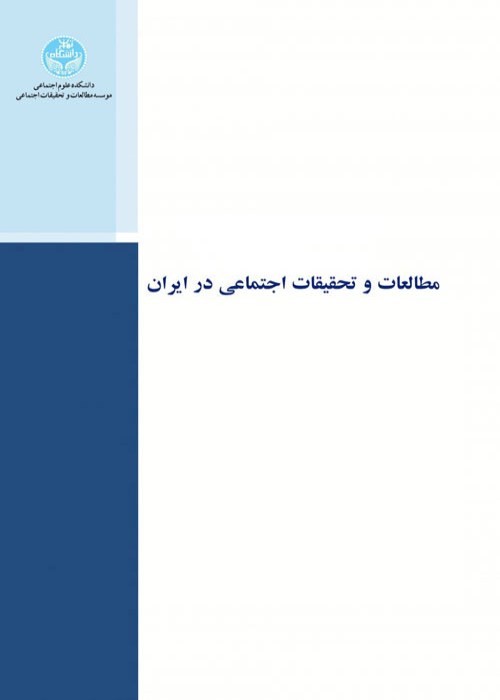Sociological study of Physician-Patient Interactions in Iran
In this research, we present a model of the physician-patient relationship in contemporary Iran by analyzing extant models of the physician-patient relationship.Research data was collected through interviews with physicians, patients, medical students, and healthcare professionals. We also conducted a document analysis of laws, development plans, and legislation of the health sector after the Iranian revolution of 1979. The document analysis allowed us to examine the lawmaking process and its cultivation in modern times. To prevent potential bias, we analyzed the data based on multi-grounded theory. It was validated using the triangulation method.We reviewed the literature on physician-patient relationships in Iran. Emanuel, Emanuel, and Ozar’s theories served as the basic models for theorization. Our findings are categorized as paternalistic and commercial relationships between physicians and patients in Iran. In the context of a paternalistic relationship, we examined how medical students internalize the paternal model within the educational system. Discussed are the conduct of professors, the lack of health ethics instruction, and the academic hierarchy. These are institutionalized as a paternal physician-patient relationship. The paternal model is implemented with patients through the physician habitus, which consists of patients’ ignorance, non-communication, and an obtuse manner of speech. In addition to the paternal culture, economic factors play a significant role in the physician-patient relationship, as demonstrated by the privatization plans and tariffs examined. The nearly 40-year process of privatizing healthcare through legislation and regulation has made medicine a lucrative profession. The surge of inductive demand is a point of intersection between financial profit and moral well-being. In addition, the use of physician disagreements over tariffs as a pretext to increase salaries is another issue that calls medical ethics into question.The combination of these two cultural and economic patterns is producing a new model of the physician-patient relationship in Iran, termed the “invasive medicine model.” In this relationship, the physician assumes the role of a controlling, dominant father over the patient. The patient participates minimally in the medical procedure. Additionally, the physician is a salesperson in a competitive health market to promote health products. Patients are not only excluded from the medical process but also confronted with an intrusive healthcare market. The reason for using the term “invasive,” comparable to invasive medical procedures, is the similarity between invading the patient’s body and mind
- حق عضویت دریافتی صرف حمایت از نشریات عضو و نگهداری، تکمیل و توسعه مگیران میشود.
- پرداخت حق اشتراک و دانلود مقالات اجازه بازنشر آن در سایر رسانههای چاپی و دیجیتال را به کاربر نمیدهد.


